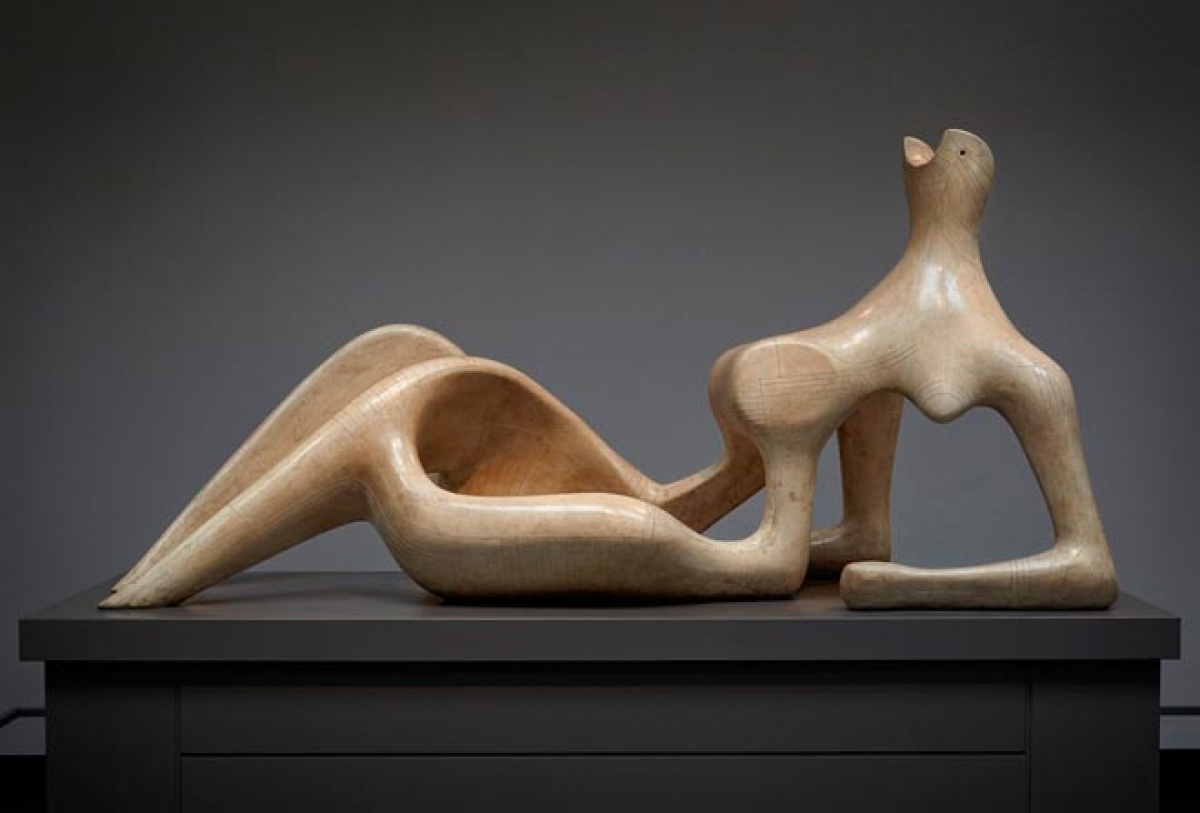Ahmad Naveed
Sir Francis Bacon first published Essays in 1597. Bacon released a second expanded version of Essays in 1625, which is the publication that most scholars read today. Bacon’s book consists of fifty-eight short essays and explores an eclectic mix of philosophical, political, moral, and social questions. Bacon wrote at the dawn of the essay form and is considered one of its inventors, along with his French contemporary Michel de Montaigne. Although each of Bacon’s essays explores a different theme, broad patterns can be used to summarize Bacon’s work.
In his essay “On Beauty”, Francis Bacon, philosopher and pioneer of the scientific method, analyzes the relationship between virtue and beauty. Very rarely, he says, the perfect combination of both can occur, but if the first is sufficiently luminous, there will be beauty.
VIRTUE is like a rich stone, best plain set; and surely virtue is best, in a body that is comely, though not of delicate features; and that hath rather dignity of presence, than beauty of aspect. Neither is it almost seen, that very beautiful persons are otherwise of great virtue; as if nature were rather busy, not to err, than in labor to produce excellency. And therefore they prove accomplished, but not of great spirit; and study rather behavior, than virtue. But this holds not always: for Augustus Caesar, Titus Vespasianus, Philip le Belle of France, Edward the Fourth of England, Alcibiades of Athens, Ismael the Sophy of Persia, were all high and great spirits; and yet the most beautiful men of their times.
In beauty, that of favor, is more than that of color; and that of decent and gracious motion, more than that of favor. That is the best part of beauty, which a picture cannot express; no, nor the first sight of the life. There is no excellent beauty, that hath not some strangeness in the proportion. A man cannot tell whether Apelles, or Albert Durer, were the more trifler; whereof the one, would make a personage by geometrical proportions; the other, by taking the best parts out of divers faces, to make one excellent. Such personages, I think, would please nobody, but the painter that made them.
Not but I think a painter may make a better face than ever was; but he must do it by a kind of felicity (as a musician that maketh an excellent air in music), and not by rule. A man shall see faces, that if you examine them part by part, you shall find never a good; and yet altogether do well. If it be true that the principal part of beauty is in decent motion, certainly it is no marvel, though persons in years seem many times more amiable; pulchrorum autumnus pulcher; for no youth can be comely but by pardon, and considering the youth, as to make up the comeliness. Beauty is as summer fruits,) which are easy to corrupt, and cannot last; and for the most part it makes a dissolute youth, and an age a little out of countenance; but yet certainly again, if it light well, it maketh virtue shine, and vices blush.
















